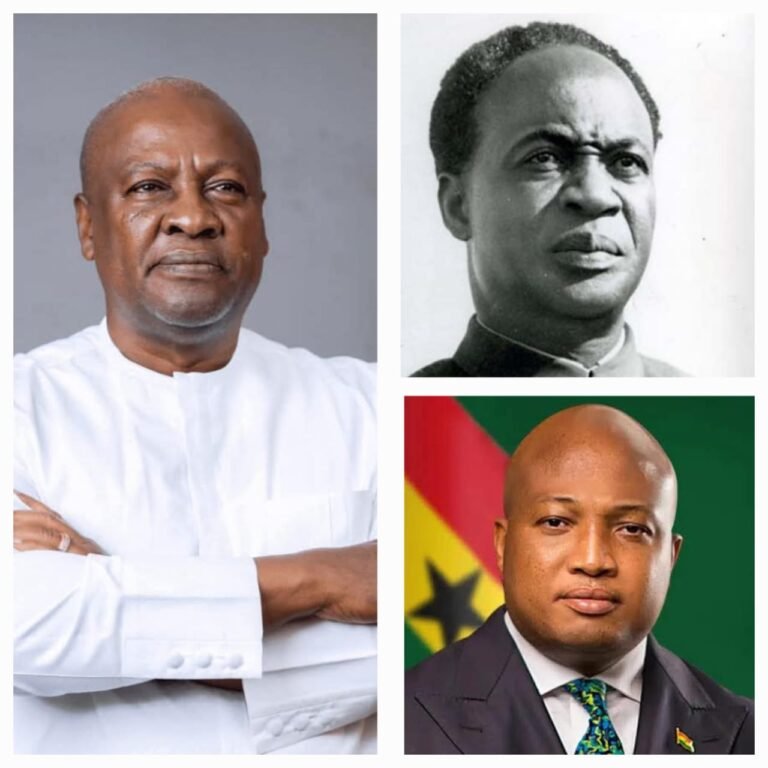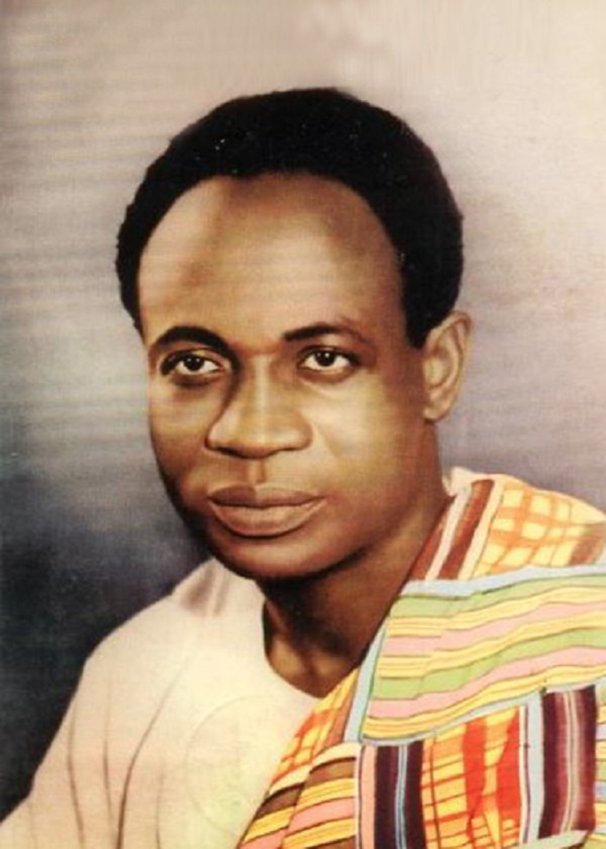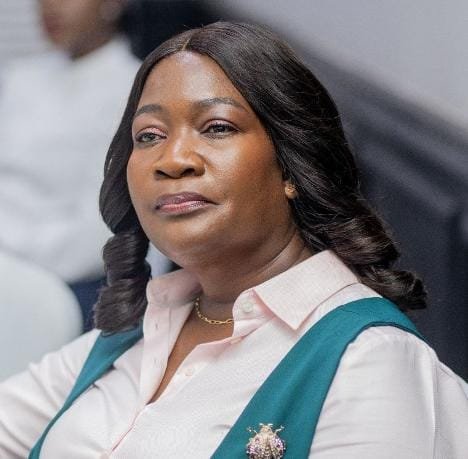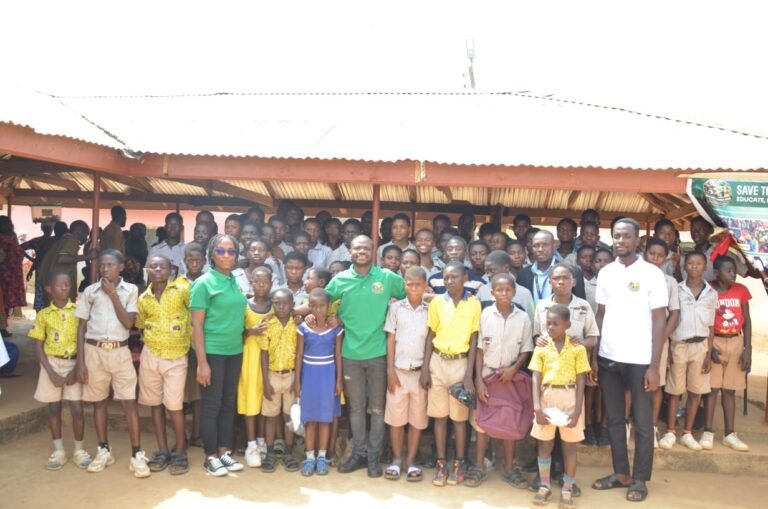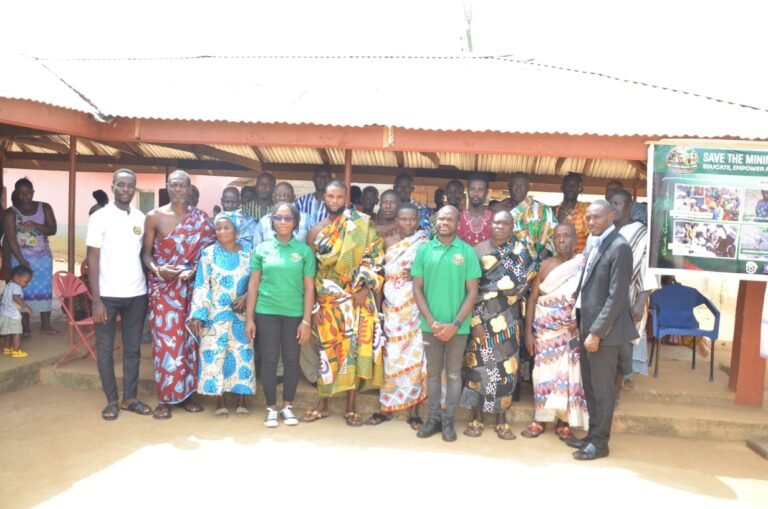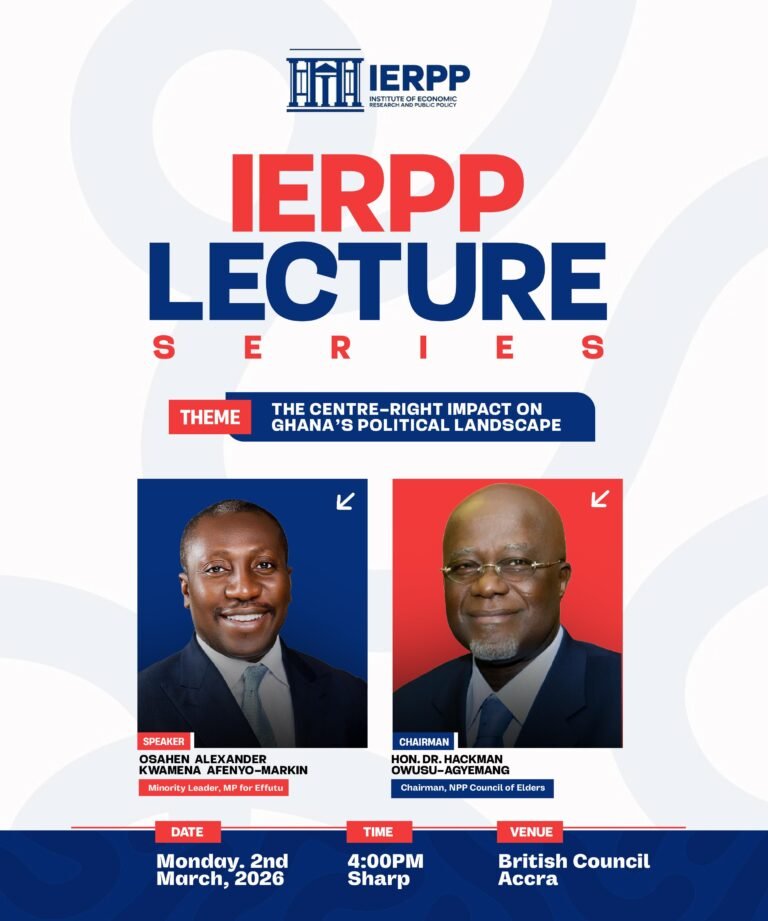
The writer
By Osman Abubakari-Sadiq
As a media development enthusiast, I find it natural to scrutinize what political parties have planned for the media landscape in their manifestos, especially with the upcoming elections in Ghana.
When I got the New Patriotic Party’s (NPP) 2024 manifesto from a friend, my first instinct was to search for the word “media.” After all, the media plays a vital role in shaping our democracy, ensuring transparency, and holding those in power accountable.
Series of promises
The manifesto did not disappoint in listing out a series of promises for the media. The NPP recognizes the critical role of the media in promoting democratic governance and preventing disinformation in the digital age.
They promise to pass and implement the Broadcasting Bill, resource the Media Capacity Enhancement Program (MCEP), continue implementing the Coordinated Mechanism for the Safety of Journalists (CMSJ), strengthen public media, modernize the Information Services Department, and more.
But here’s where it gets interesting: there’s a conspicuous silence on the Draft National Action Plan against Mis/Disinformation. Considering the prevalence of fake news and the harmful effects it can have on national stability, one would expect this to be a priority. Yet, it’s not mentioned.
And what about the Broadcasting Bill? It’s been over a decade since this was first discussed, and still, it hasn’t been laid before parliament. The manifesto talks about its implementation, but what’s the guarantee that it will finally make it through this time? It’s hard not to be skeptical, given the history.
Now, let’s talk about the Media Capacity Enhancement Program (MCEP). It’s undoubtedly a good initiative, aimed at enhancing the skills of journalists. But has it really yielded the desired results?
Recent times have shown some of the worst reportage from the media, raising questions about the effectiveness of the program. Is it just a tick-box exercise, or is there a genuine commitment to improving media standards?
Safety of journalists
Protection of journalists is another area where the manifesto falls short. With the increasing attacks on journalists in recent years, one would expect a clear plan on how the government intends to protect them. However, there’s no mention of what punishment or penalty will be imposed on those who harass or attack journalists.
This is a glaring omission, considering the vital role journalists play in safeguarding our democracy. It is the core responsibility of the government to ensure that journalists are protected and respected by their profession after-all, #journalismisnotacrime.
As we head into the elections, these are the questions we must interrogate. It’s not enough to make promises; we need to see concrete plans and actions. The media is too important to be relegated to a few lines in a manifesto.
It deserves a detailed, well-thought-out strategy that ensures its freedom, safety, and ability to function effectively in our democracy. In the end, the manifesto has some commendable points, but it leaves much to be desired in addressing the current challenges faced by the media in Ghana.
As citizens, we have the right to demand more from our leaders, especially when it comes to something as fundamental as the freedom of the press. Let’s make sure that these promises aren’t just words on paper but translate into real, tangible actions that will benefit the media and, by extension, our democracy.
The writer is a freelance journalist, media literacy specialist and a national service person at the Ghana Commission for UNESCO. Email: abubakarisadiq55@gmail.com
Contact: 0241832918


